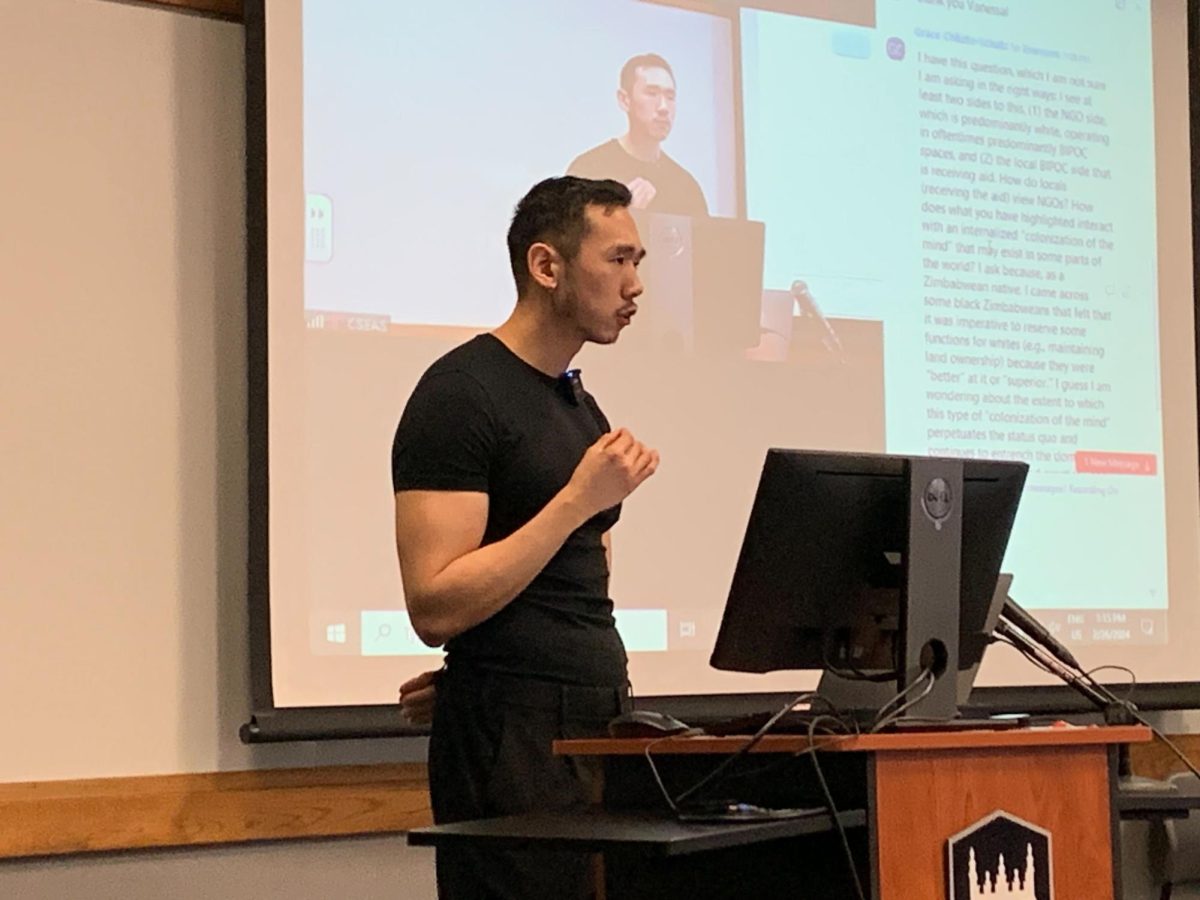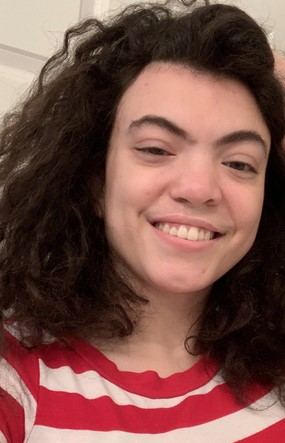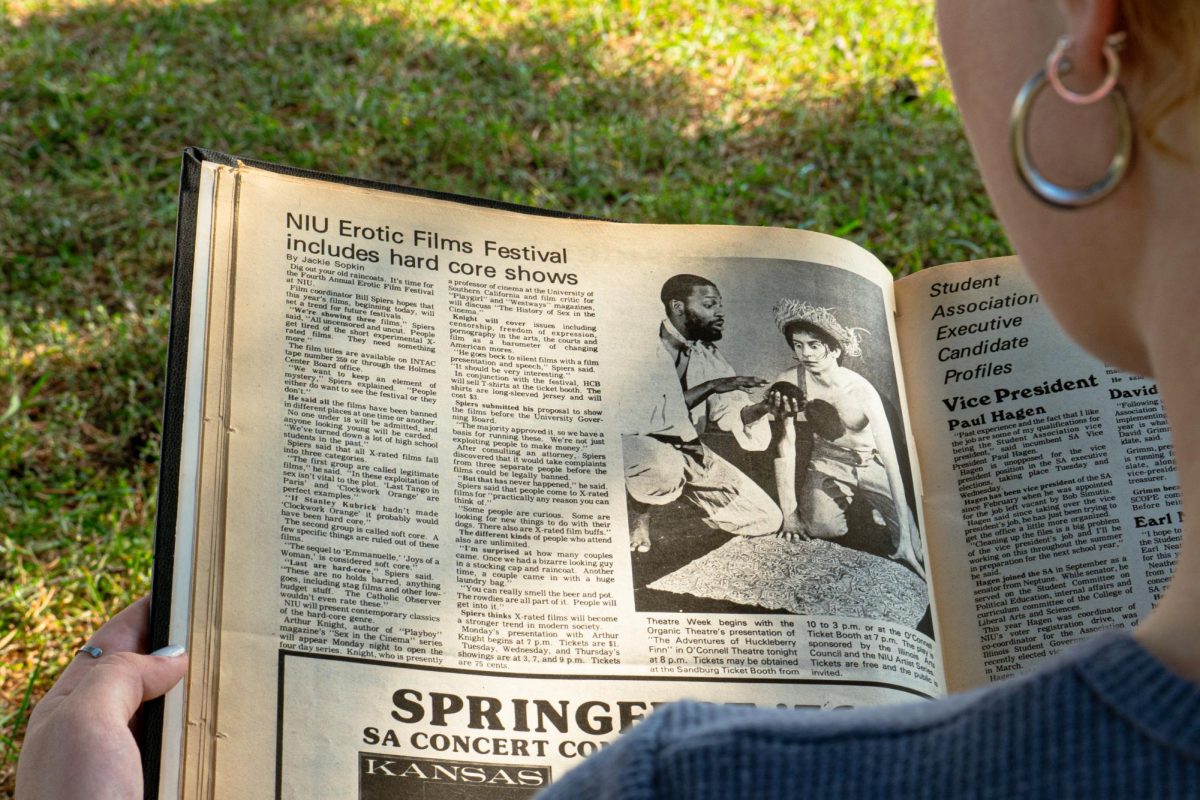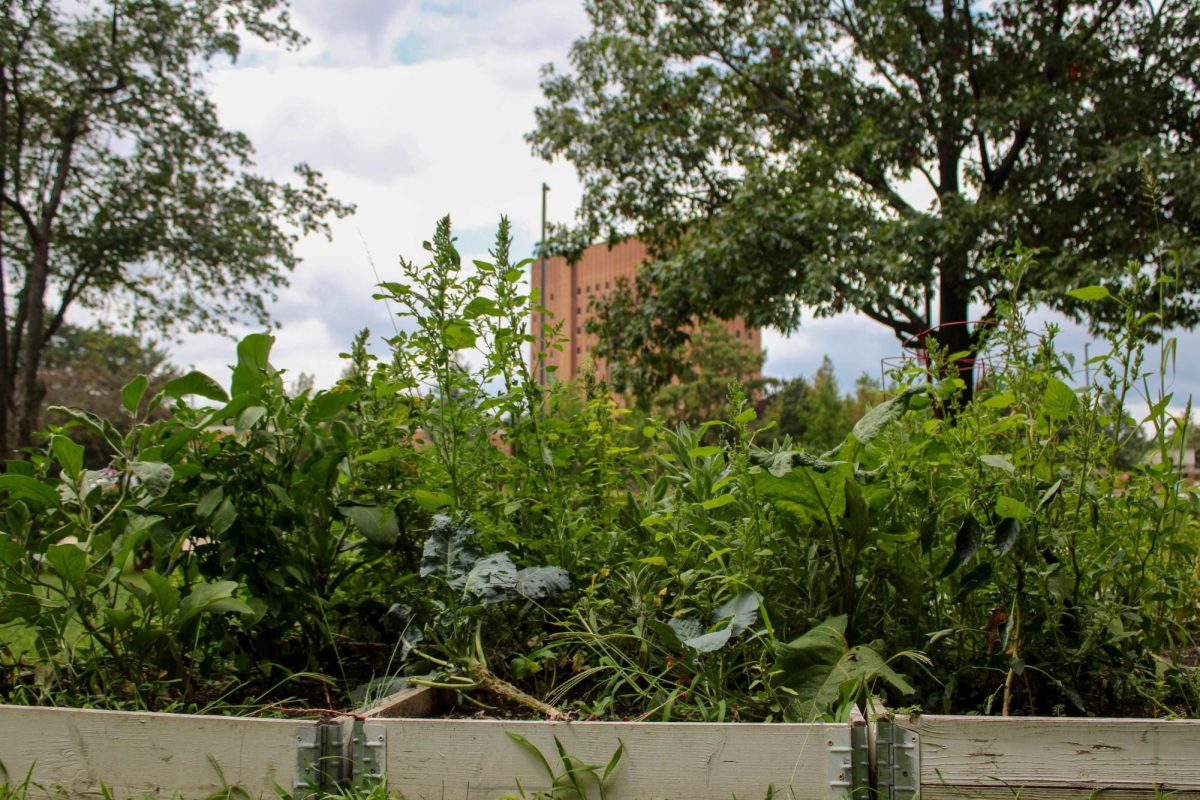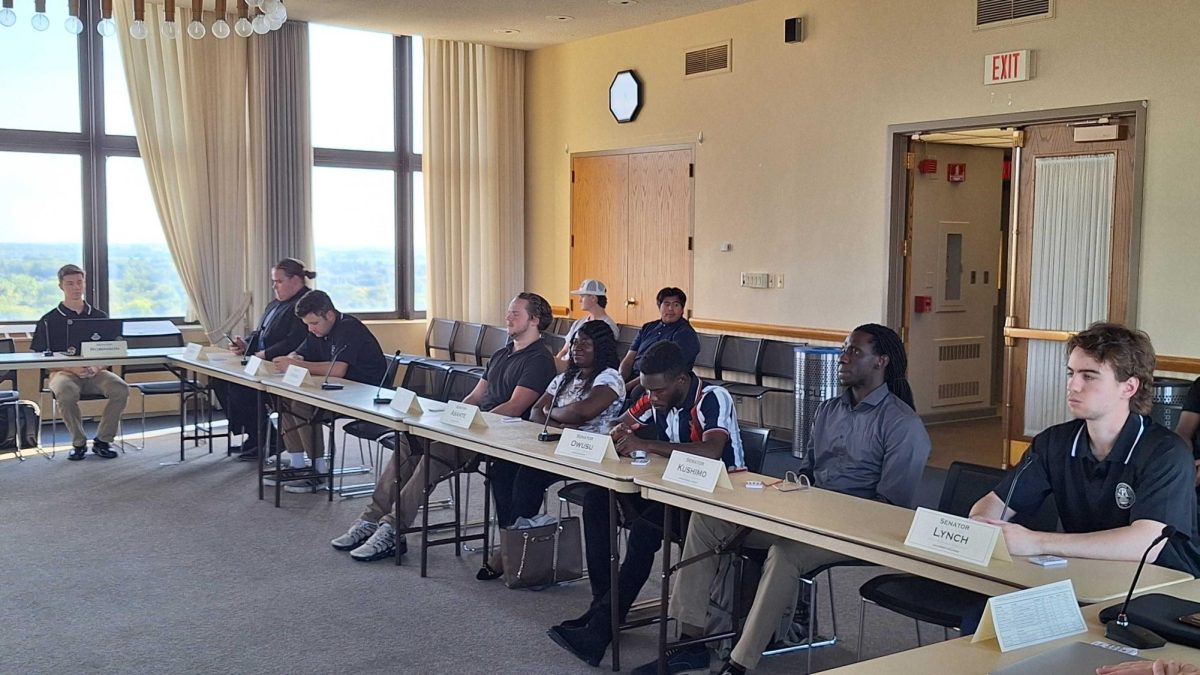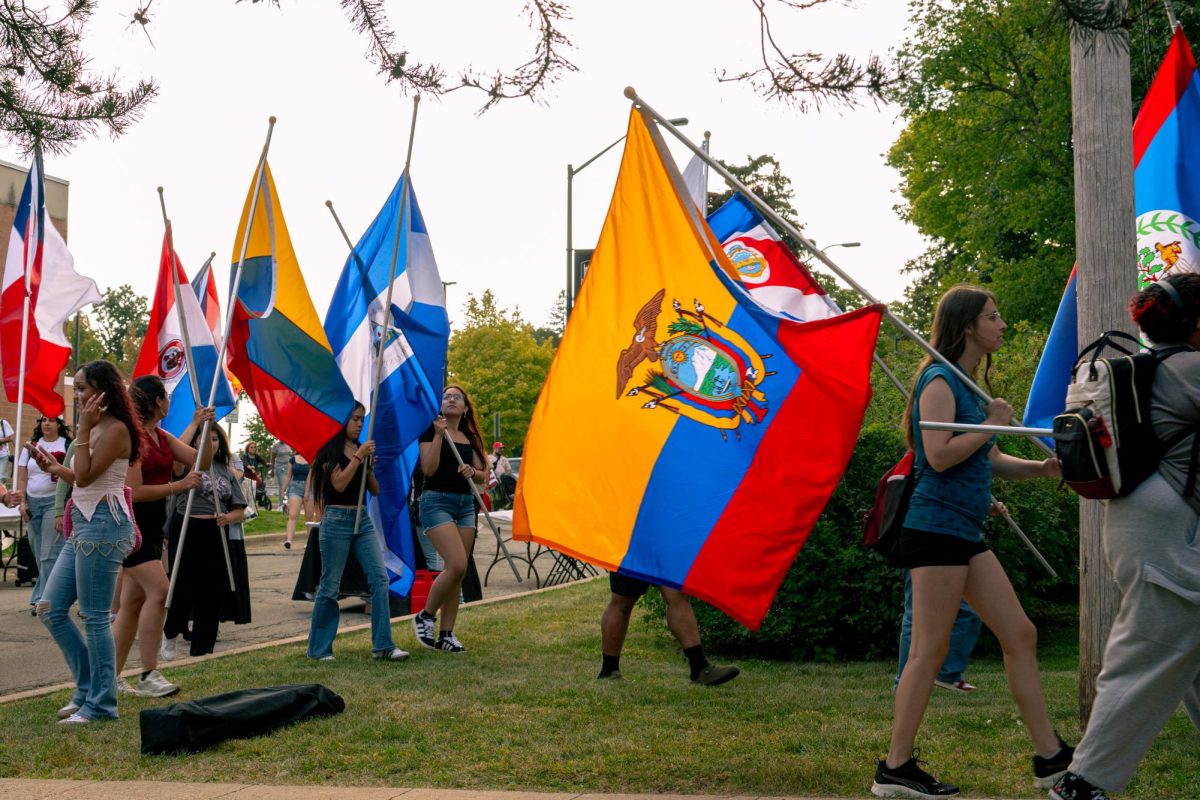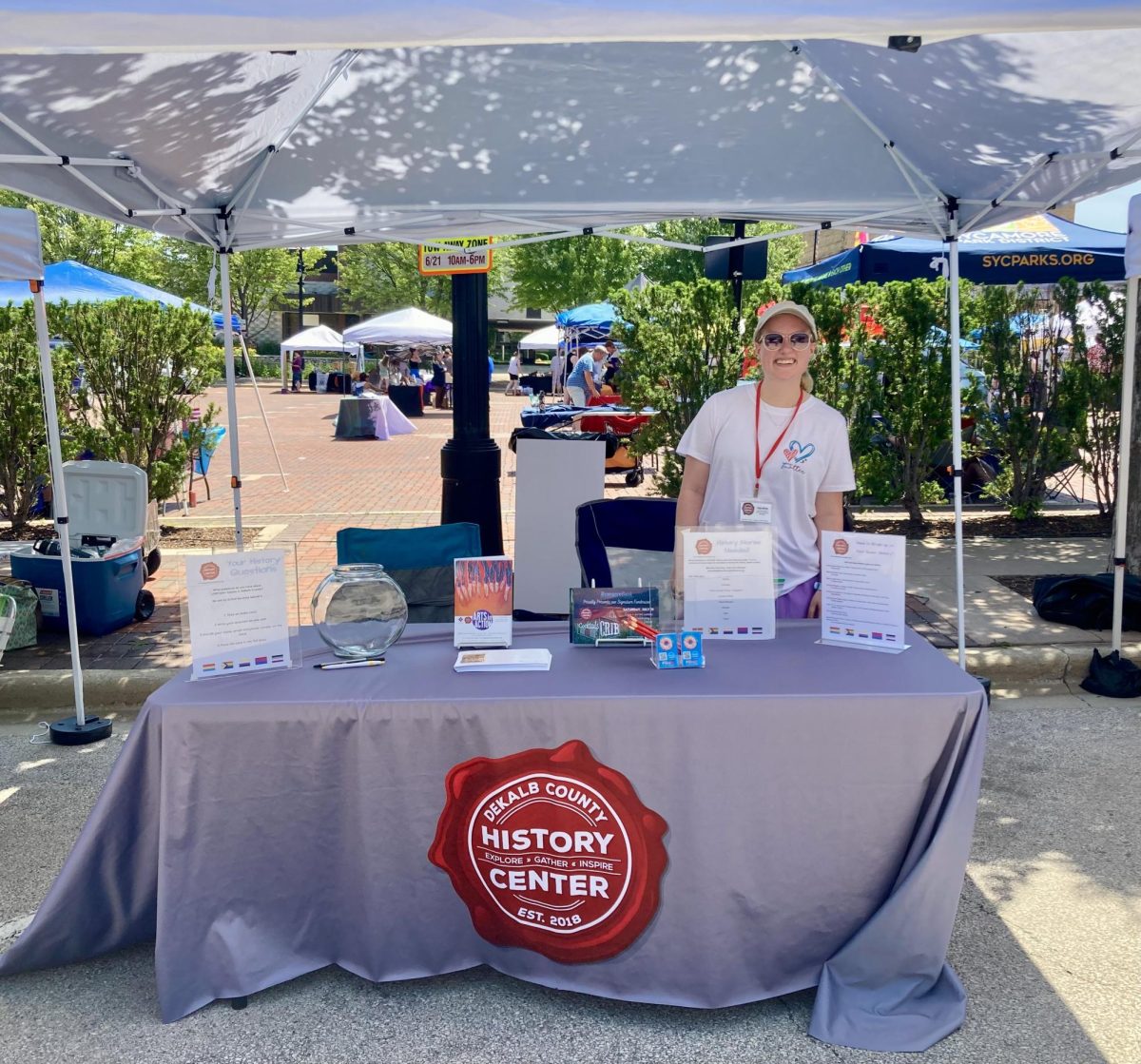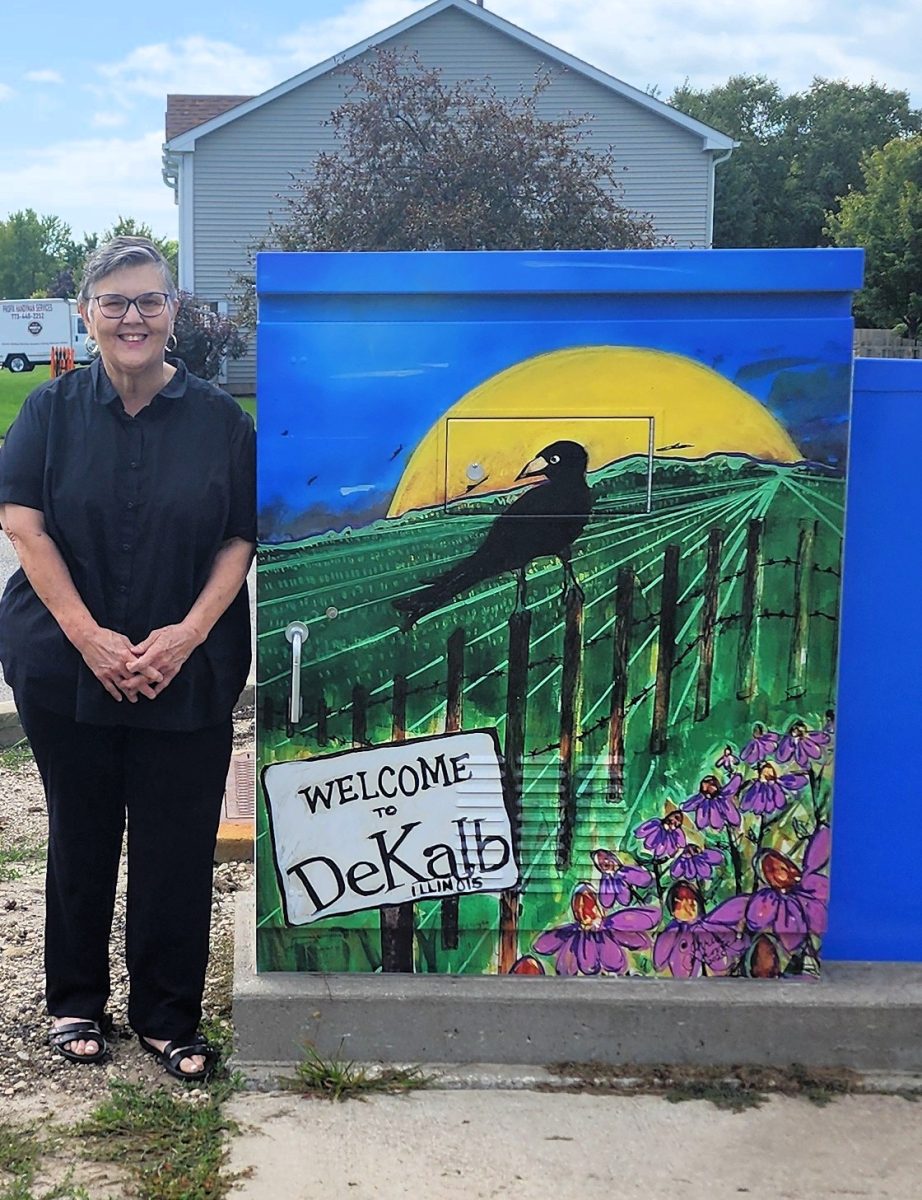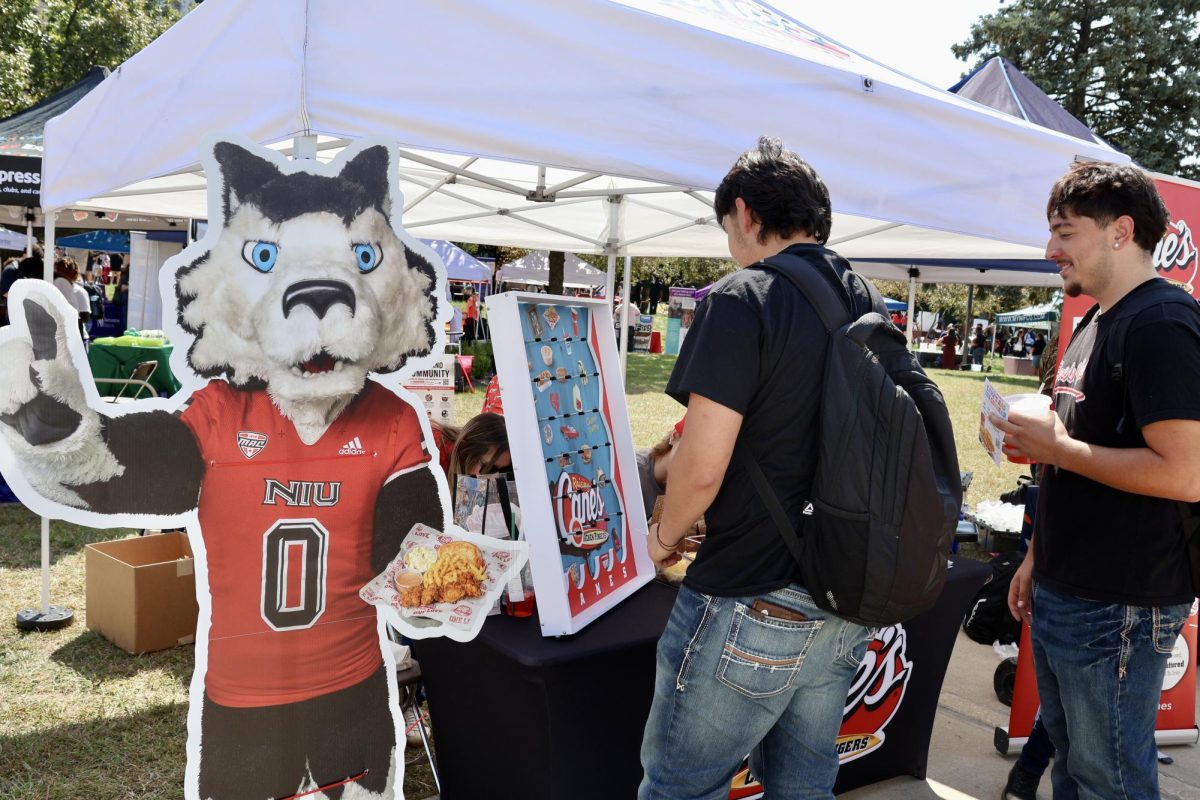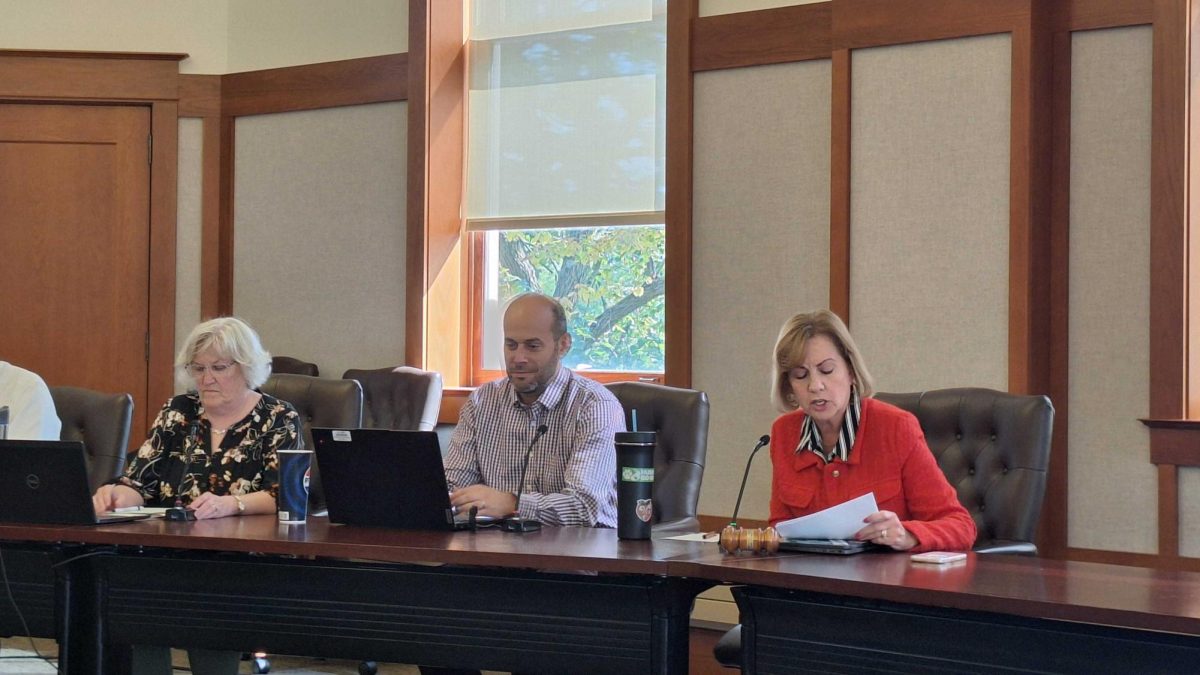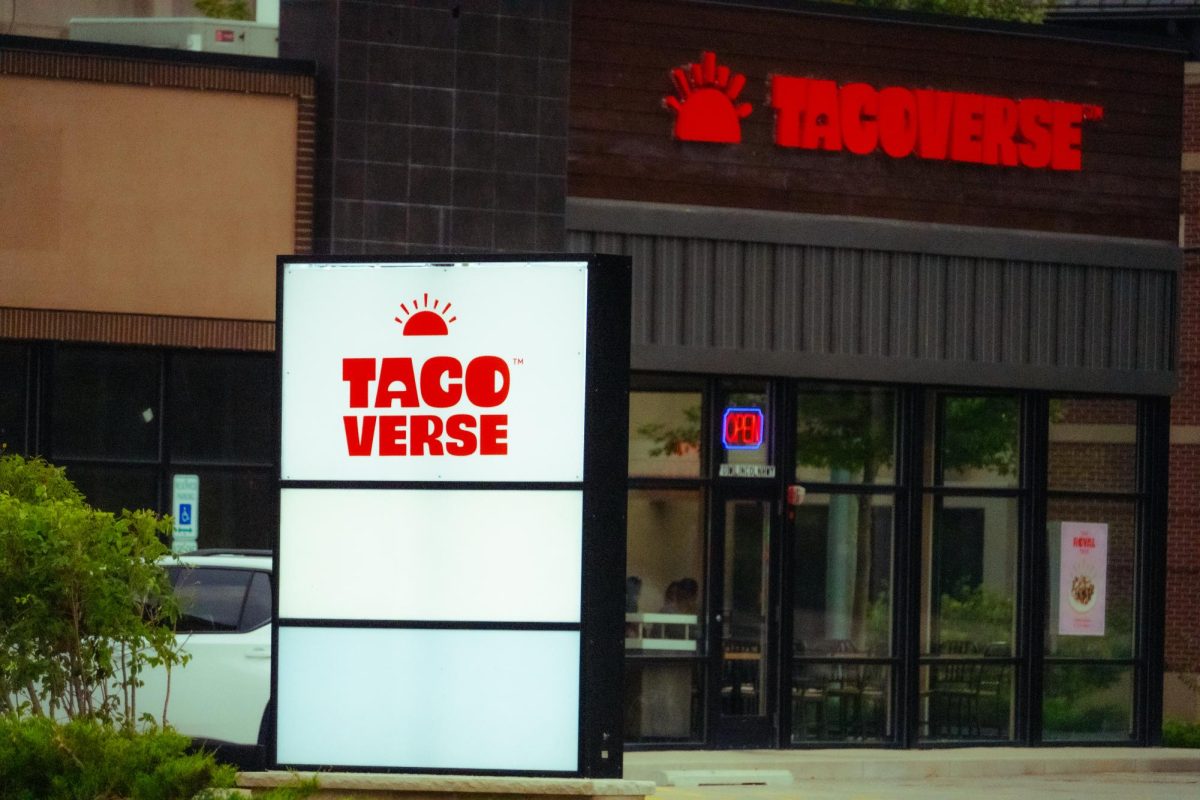DeKALB – The Center for Nonprofit and NGO Studies invited Junru Bian, a doctoral student from the University of Ottawa’s School of Political Studies, to educate NIU staff and students about the issue of racism in humanitarian organizations.
From noon to 1:30 p.m. Monday in the Peters Campus Life Building, Room 100, Bian gave a talk titled “Who gets to be an aid expert? Race, racialization and racism in the humanitarian workplace.” The event offered credit for honors students attending either in person or on Zoom.
This talk is part of the Center’s Real Talk and Big Ideas series.
“This series, ‘Real talk, Big Ideas,’ is highlighting the scholarship and research on people that work in and on nonprofits and NGOs,” said Mark Schuller, acting director for the Center for Nonprofits and NGO Studies.
Bian has worked with multiple humanitarian development programs in countries such as Tajikistan, Mongolia, Myanmar and Ethiopia.
In his 90-minute lecture, Bian presented his research through three different lessons he learned, which were “Racism is Covert,” “Race is made through Social Performance” and “The Language of Racialization is Hybrid.”
Bian explained race is made through social performance through the topic of code-switching.
Code-switching is when a person of color changes things about themselves to fit into certain social situations, such as their appearance, demeanor and expressions.
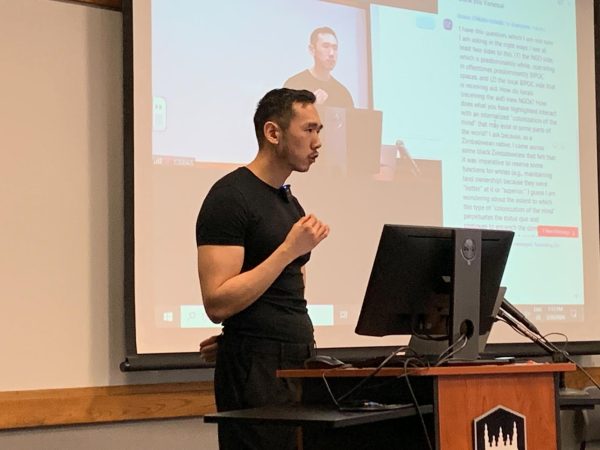
In regard to the humanitarian profession, people of color perform code-switching to fit into the profession’s assumed white leadership roles.
“Essentially, the ticket to the community of experts is not necessarily demonstrated expertise, but a status difference from locals,” Bian said. “They may need to ride in SUV cars with special status license plates, have a local driver and subscribe to a certain lifestyle afforded to them either expatriates salary to symbolically compensate for their skin color.”
In the “Nature of Racism is Covert” section, Bian said covert racism excels in the subtleties of both social structures and professional aid sectors.
“Humanitarian degree programs and humanitarianism or peacekeeping, as well as internships are often unpaid, come at a cost that many, particularly those who are socioeconomically disadvantaged due to their racial identities cannot afford,” Bian said.
Bian said the language of racialization is hybrid, and society often categorizes people of color into sectors such as victims or survivors.
“It is not necessarily the substance or content or the description, i.e. ’Local people are untrustworthy’ that indicate racism, but rather that the moment the statement begins with any totalizing over encompassing description, be it local people or the Burmese or Black people, racialization has already commenced and racism is already reproduced,” Bian said.
The talk ended with a question and answer with Bian from both the in-person and Zoom audience.
Meghan Hanson, a graduate student in the department of anthropology, found the talk interesting.
“I don’t focus on NGO kind of stuff and humanitarian work, but I always found it very interesting, especially since I’m interested in conservation and ecosystems,” Hanson said. “And given that our planet is not doing so well, that involving NGO work is a big part of trying to tackle the climate change issue.”
Leila Porter, a chair of the anthropology department, said the event was engaging and allowed for conversation.
“I think it’s very important to think about how race sort of permeates everything, including humanitarian aid,” Porter said.
After this event, the Center for Nonprofit and NGO Studies said they were planning to have four more talks for their series, the next being at 2:30 p.m. March 18 on Zoom.
The Center for Nonprofit and NGO Studies posted Bian’s full lecture on their YouTube page.


